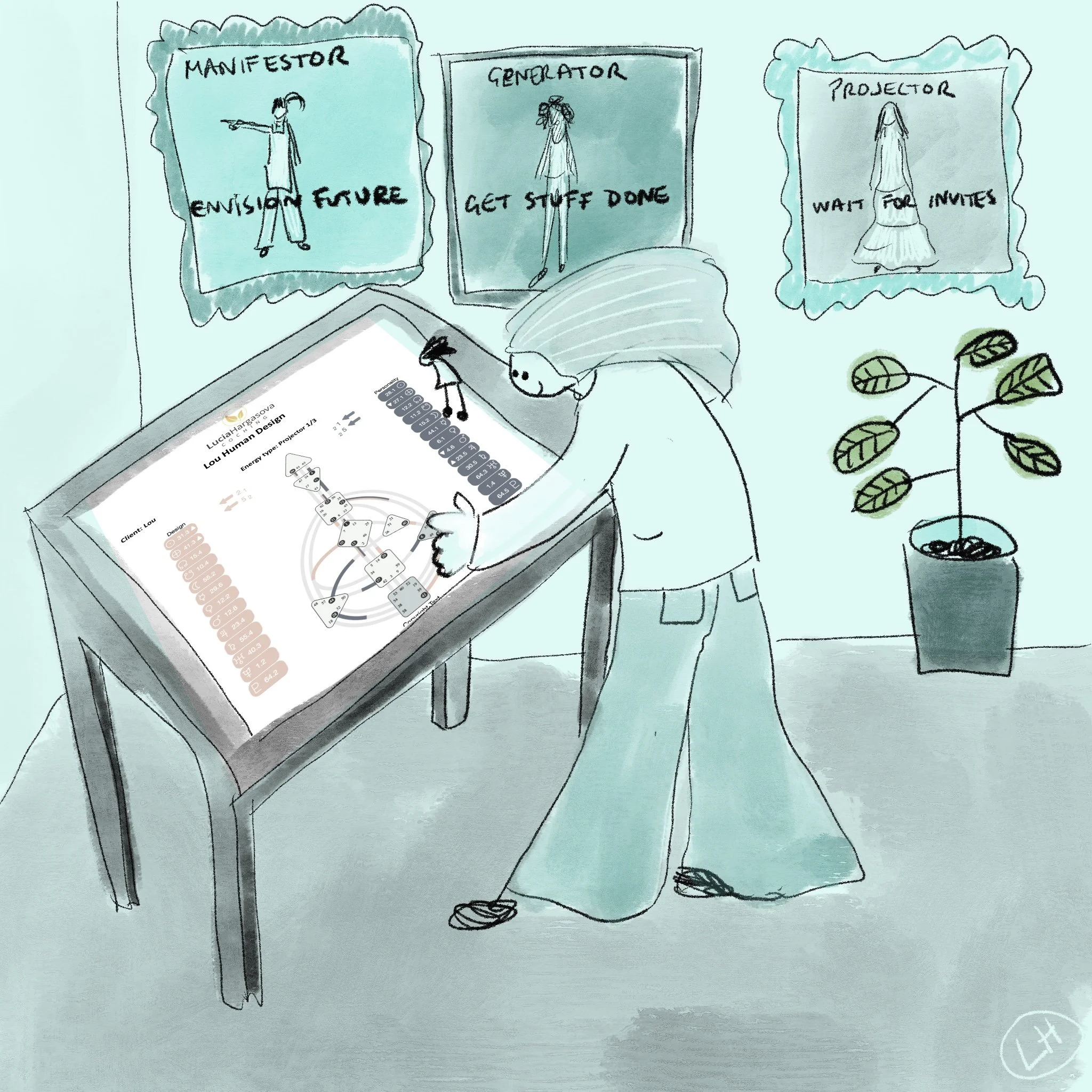Stage fright.
Overcoming Nerves as Podcast Hosts and Guests.
Feeling nervous before a podcast interview is such a common experience shared by both hosts and guests alike. Even the most seasoned of us professionals admit to experiencing nerves before we go on air. This nervousness is often a sign of how much we care about the conversation and the value it brings to the audience. The key lies in balancing these nerves while delivering an engaging and informative discussion.
Nervousness stems from our desire to present well, the fact that we believe that the topic is important, and that we want to deliver value for the audience. By stepping up to the mic and putting ourselves in the spotlight we’re committed to giving a good quality experience for the listener and for the other person in the equation, whether that be the host or the guest. Recognising the positive aspect of this nervous energy can help us transform it into a driving force rather than something to feel held back by.
However we can manage nerves with proper preparation in advance. Thoroughly researching the topic and preparing questions or talking points can give us the feeling we’re on solid ground. We feel more confident and it reduces the uncertainty that often fuels nervousness. Both hosts and guests can benefit from rehearsing their key points or even practicing the interview flow with a trusted friend or colleague.
Building a routine before going on air can create a sense of familiarity and comfort. This routine might include reviewing notes, engaging in a brief mindfulness exercise, or even listening to calming music. Establishing such rituals can signal the brain that it is time to transition into podcast mode, reducing pre-interview jitters. Understanding the audience and knowing who will be listening and what they are interested in helps tailor the conversation to meet their expectations. This focus on the audience's needs can shift attention away from self-consciousness and towards delivering valuable content.
Breathing techniques and mindfulness practices can also play a significant role in calming nerves. Deep breathing exercises help regulate the nervous system, promoting a state of calm and focus. Mindfulness practices, such as meditation, can help individuals stay present and reduce the anxiety associated with future outcomes. Being fully present in the moment helps us put all our attention on the other person and on the conversation.
Hosts and guests should also acknowledge that some level of nervousness is normal and can even be beneficial. It keeps them alert and engaged, ensuring that they bring their best selves to the conversation. Accepting this nervousness rather than fighting it can make it more manageable. This isn’t a performance, it’s a flow of conversation. We don’t have to strive for perfection, but a natural and authentic dialogue.
Focusing on the purpose of the podcast and the message being conveyed can help realign focus. Keeping in mind the bigger picture and the impact of the conversation can override personal anxieties. This purpose-driven approach ensures that the conversation remains centred on delivering value to the audience.
Do you want to start a purposeful podcast? Get in touch and we will help you.
Ten Actionable Steps to Overcome Nerves.
Prepare Thoroughly: Research the topic and prepare questions or talking points in advance.
Practice Rehearsals: Practice key points and the interview flow with a trusted friend or colleague.
Understand the Audience: Know who will be listening and tailor the conversation to their interests.
Use Breathing Techniques: Employ deep breathing exercises to calm the nervous system.
Engage in Mindfulness: Practice mindfulness to stay present and reduce anxiety about future outcomes.
Accept Nervousness: Recognize that some level of nervousness is normal and can be beneficial.
Shift Perspective: View the podcast as a conversation rather than a performance.
Seek Feedback: Use constructive feedback to improve and build confidence over time.
Build a Routine: Establish pre-interview rituals to create a sense of familiarity and comfort.
Focus on Purpose: Keep the bigger picture and the impact of the conversation in mind.
Managing nerves in podcasting involves preparation, mindfulness, and focusing on delivering valuable content.
As your Podcast Mentor I can help you start and grow your podcast to amplify your message, mission and vision. I work with a podcast production house to bring your podcast successfully to the world.
PS. Download your free podcast planning workbook- it gets you exactly where you need to be to start a podcast that reflects you, your expertise and your unique perspective.
PPS. Watch the masterclass - it’s a free intro to podcast guesting that will get you started on your brand storytelling journey. Dare to share, and your people will find you.
PPPS. Read my book Dare to Share- a step-by-step guide to podcast guesting



